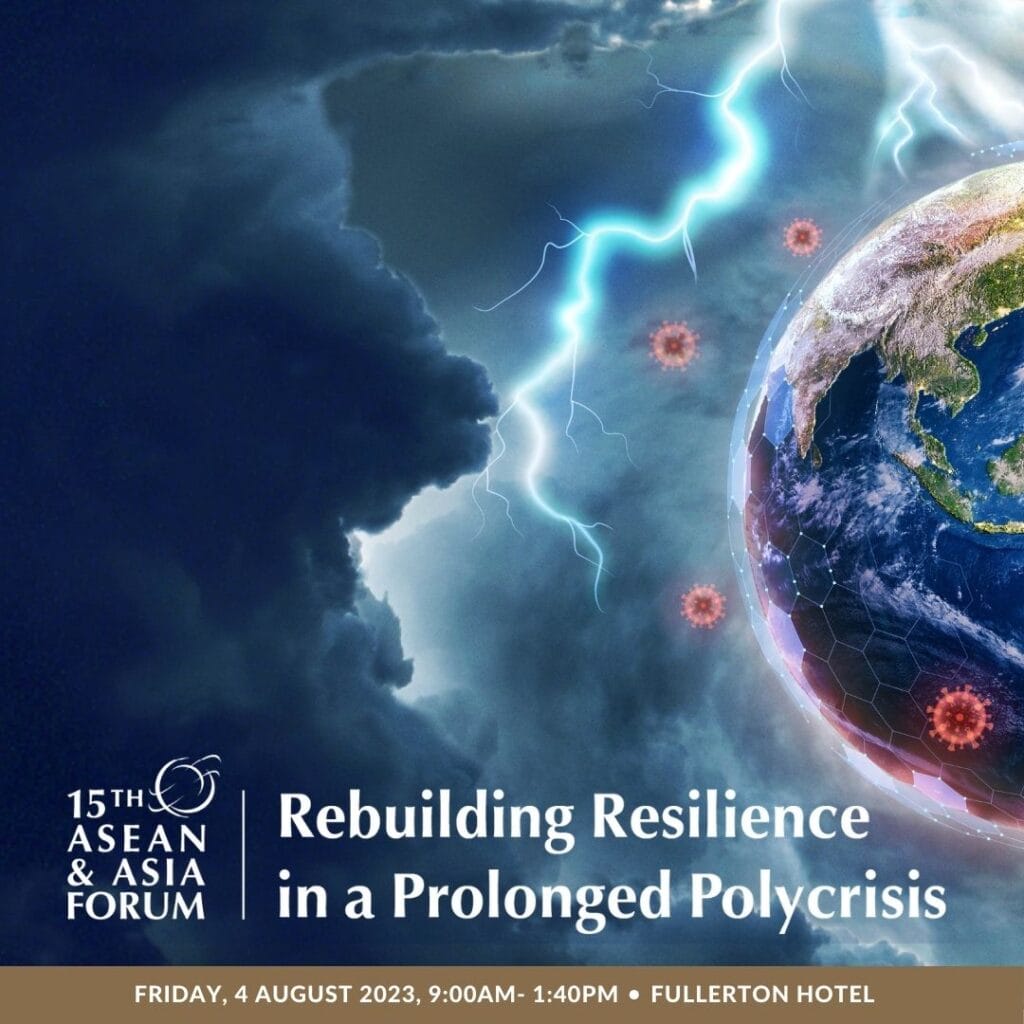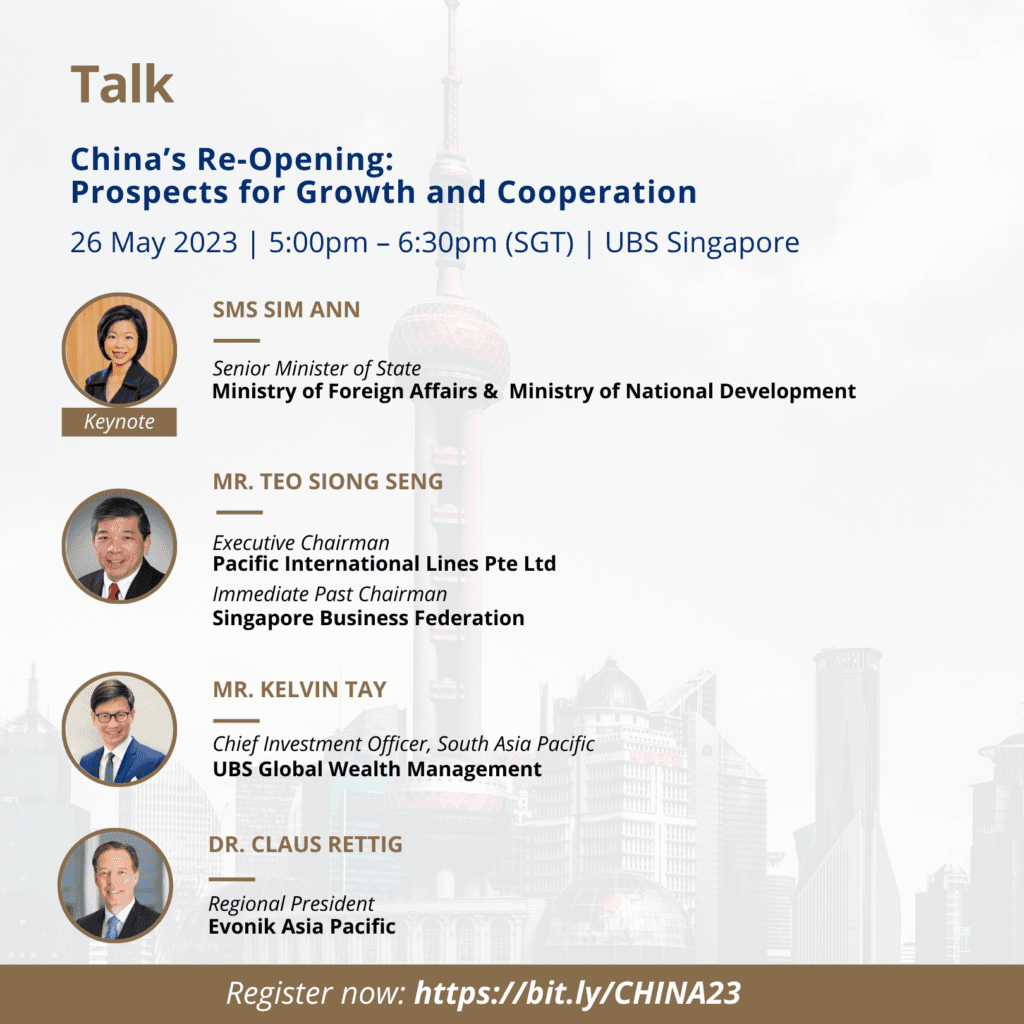Green Finance has gained significant momentum worldwide. Key financial centres around the world such as London, Switzerland, Paris, China, and Hong Kong have taken steps to integrate green aspects into their financial systems.
While Singapore – an international financial hub– is not at the vanguard of the green finance movement, it is not a laggard either. There are already evidence of growing interest and efforts undertaken by different stakeholders. But to expand further, it is crucial for various financial players to collaborate and overcome existing challenges.
Against this backdrop, the SIIA started the “Collaborative Initiative for Green Finance in Singapore” this year in partnership with the UN Environment Inquiry, with the support of the Monetary Authority of Singapore (MAS).
The Launch Event was held on 10 July 2017 to kick start a series of roundtable discussions and working group meetings for Singapore-based financial institutions. These dialogues serve to deepen the understanding of the green finance baseline in Singapore and the opportunities available in Singapore and the region to grow this agenda.
The panels were moderated by Associate Professor Simon Tay, Chairman, SIIA and Mr. Iain Henderson, Head of International Cooperation, UN Environment Inquiry.
The event also featured a number of prominent speakers: Ms Yeo Lian Sim, Special Adviser Diversity, SGX and Co-Chair of this Initiative; Ms Judy Hsu, Second Vice Chairman, ABS and Chief Executive Officer, Standard Chartered Bank Singapore; Mr John Groesbeek, Head of Syndications Asia, International Finance Corporation (IFC) and Ms Mo Ji, Chief Economist, Asia Ex-Japan, Amundi Hong Kong Limited. The closing remarks were delivered by Mr Leong Sing Chiong, Assistant Managing Director, Development and International Group, MAS.
In addition, the event was oversubscribed, with over 120 high-level representatives from banks, asset managers, insurers, academia, NGOs, and government agencies such as MAS, the Singapore Economic Development Board (EDB) and Ministry of the Environment and Water Resources (MEWR). This is a positive signal, demonstrating a growing interest and awareness of this issue.
Here are some highlights from the discussion. More photos from the session are available on our Facebook page.
What green finance means
While the definition of green finance varies, it typically focuses on the purpose for which finance is raised. Some examples include energy efficiency and renewables but could be as broad as anything which has implications for the environment. Notably, much emphasis has been placed on the energy aspect in a bid to combat climate change but other issues such as water also deserves equal attention.
Another angle is to consider the industries we finance which are more climate related. Some examples are mining, transportation, agriculture and forest products. Some may choose not to finance these industries entirely or to finance its improvements.
The need for a Collaborative Effort
While sustainable development is now a necessity, there is more room to grow green finance in Singapore. Adopting green finance tends to be seen as increasing costs. Overcoming this will require different stakeholders ranging from policymakers to financial institutions and businesses to work together.
At present, many companies and many exchanges such as SGX are already practicing sustainability reporting. There are also investors who prioritise environmental considerations in their investments. However, a purely market-based approach to green finance is imperfect and government intervention will eventually be needed.
Incentives to grow green finance
A number of incentives can help to expedite the adoption of green finance in Singapore. For instance, raising awareness among consumers and citizens can increase the demand for more green products. Most millennials, who tend to place a greater emphasis on sustainability, do not have much money to invest yet so they tend to focus on those who have the funds. This will change over time as millennials accumulate wealth and drive green finance in the market.
Moreover, financial institutions and companies that adopt green finance can strengthen their reputation in the industry. Many companies prefer to issue green bonds and use it as part of their marketing strategy. Giving awards or recognition to role models can encourage further efforts.
Opportunities for Singapore and the Region
Early estimates from a DBS-UNEP working paper suggest that the green finance opportunities in ASEAN are worth about $3-4 trillion by 2030. The greatest needs are found in areas such as transportation, infrastructure, clean energy and energy efficiency as well as land use.
Sustainable development will require decarbonisation and green bonds provide a means to achieve this. Green bonds are differentiated by the use of their proceeds to fund green projects and are seen as the best way to drive this change because they are simple, stable, liquid and rated. Ratings are important and must be standardized.
Ultimately, as a hub, Singapore needs to consistently think about what happens around us. Rather than wait for the region to move, we will do well to seek out opportunities to develop green finance and stay competitive in the long run.
Original Event Synopsis
The momentum behind green finance is growing in Singapore. The recurrence of transboundary haze pollution, for instance, has raised questions on the role of the financial sector in preventing the forest and peat fires on the ground. The Association of Banks in Singapore (ABS) has also announced its “Guidelines on Responsible Financing” for banks to embed environmentally responsible financing guidelines into their operating procedures.
Moreover, the Singapore Exchange launched its “comply and explain” reporting rules, which require all companies listed on the Exchange to report their policies and performance with regards to Environmental, Social, and Governance (ESG) issues by 2018.
While such efforts to address the environmental benefits and impacts of financial services are crucial, there remains a huge potential for financial players to collaborate and develop synergies together.
Against this backdrop, the “Collaborative Initiative for Green Finance in Singapore” was started this year in partnership with the UN Environment Inquiry, with the support of the Monetary Authority of Singapore to establish a baseline for the current level of understanding and implementation of green finance in Singapore. We also hope to develop a shared vision for green finance among the financial players in Singapore and to outline the opportunities and possibilities to grow this agenda domestically.
The Launch Event is the first of a series of roundtables for financial institutions based in Singapore as well as working group meetings. The discussion outcomes and recommendations from these meetings will be captured in a report which we hope to present to MAS when Singapore hosts a G20 Green Finance meeting in November 2017.
Event Details
Date: Monday, 10th July 2017
Time: 2:30pm – 7:00pm (Registration starts at 2:30pm; Event will begin sharply at 3pm)
Venue: Singapore Institute of International Affairs
60A Orchard Road #04-03 (Level 4M) Tower 1,
The Atrium @Orchard, International Involvement Hub,
Singapore 238890
*Event is by invitation only.






